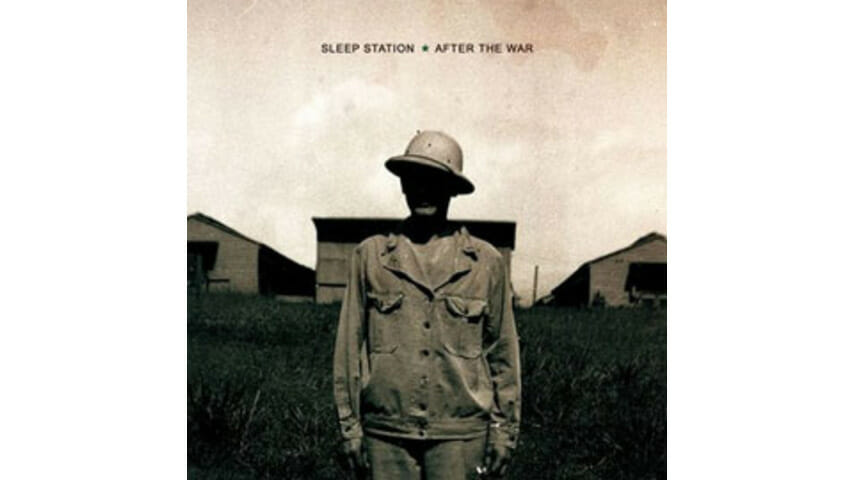Sleep Station – After the War

Aside from love and possibly faith in all their many variants, no topic has suffered more perennial abuse in popular art than war. The balance between fist-pumping sloganeering and shrill protest is rarely found, and the opportunity to mine the incredibly rich human drama inherent in such a context remains unrealized in all but the greatest works of art. So it’s either audacity or overconfidence that led Sleep Station, a band with only two full-length releases in its catalog, to address this topic with a concept album.
-

-

-

-

-

-

-

-

-

-

-

-

-

-

-

-

-

-

-

-

-

-

-

-

-

-

-

-

-

-

-

-

-

-

-

-

-

-

-

-








































